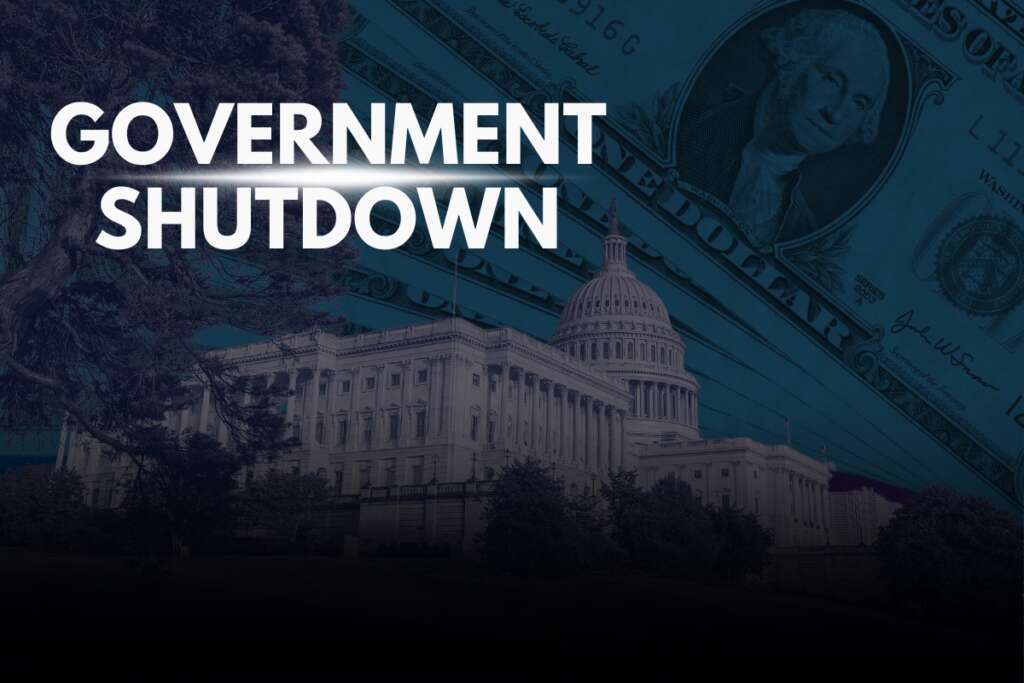
Welcome to this year’s government shutdown countdown. These episodes are never fun for government employees who face the prospect of delayed pay. But can I put in a word for the contractors?
As of this writing, the White House has been silent on government shutdown preparations. Neither the Office of Management and Budget nor the Office of Personnel Management have issued guidance to agencies on what to do if appropriations lapse. I spoke to several career executives in the last couple of days who noted this.
Agencies have prepared themselves nonetheless. For example, one tech executive told me the department had already set aside money to renew a crucial enterprise software license coming around Oct. 1.
Contractors watch carefully and prepare themselves as best they can. In an interview earlier this week, the Professional Services Council’s David Berteau said his organization had activated what he called its shutdown resource center. It advises them about three things Berteau said companies should be doing now:
- Gather a comprehensive picture of all their contracts.
- Understand in detail the contracts’ periods of performance funding the government has committed to them.
- Develop a plan for getting signoffs on deliverables or exercising options.
If you deal with contractors or have authority over contracts, take your contractors’ calls. They must deal with questions beyond simple revenue. Like, which people are assigned to which agencies and what sort of access they’ll have, or understanding when stop-work orders might be coming and the implications of not working on something mission critical. It’s a mess.
Berteau also noted, contractor employees face the possibility of layoffs or not being paid for the duration of the shutdown.
“You don’t want to have to fire them. And you certainly can’t do like the federal government and lay them off and say you’ll get paid later, because contractors are never made whole at the end of a shutdown,” Berteau said.
If there’s anything positive in all of this uncertainty, it’s that government and contractors tend to understand one another. Both want continuity in pursuing their jobs and organization missions. Both realize this best occurs under continuity of appropriations. Both have internalized the interdependence of government and industry.
More than self-interest drives that interdependence. Maybe call it enlightened self interest, but both federal employees and contractors, in my experience, stay cognizant of the larger purpose they both serve.
Last night I moderated a panel of merger and acquisition people who specialize in companies in the federal market. These are flinty-eyed people who know exactly how to measure a company’s real worth. They have the ability to size up company executives and their plans with unsentimental accuracy. Venture capital, M&A and legal folks often get dinged by the rest of us for raking in big bucks without producing anything. In reality they do a lot to keep industry agile, efficient and lawful. Why wouldn’t you want that in your contractors?
Yet, the notion of public service informs even in this dollars-and-cents crowd.
A case in point: Greg Nossaman, the managing partner of a self-described “premier boutique investment bank.” G Squared Capital Markets specializes in federal market companies.
“They’re serving their country in their own way,” Nossaman said of contractors. The industry is “filled with patriots and people who believe in their country.” In fact, he added, “intimacy” with its federal clients figures into how he evaluates contractors’ worth. The quality of mutual trust enhances any relationship and can enhance contractor performance and agency missions alike.
Companies are organized to earn a profit and sustain themselves, but the best of them do buy into the goals and missions of their customers, I think it’s fair to say. So the whole budgetary kabuki harms the whole federal ecosystem.
Near total loss of Congressional budget discipline and dissolution in the process for establishing and appropriating a budget, has become normalized. By “discipline” I don’t mean cutting budgets but rather looking at national needs rationally and objectively, then compromising with one another. That seems doable in a given 12-month period. In the meantime, agencies are finding ways to justify use of leftover money in non-yearly appropriations enacted during the COVID and inflation years.
Fiscal chaos thus reigns. Federal and contractor employees are both abused subjects.
Copyright
© 2024 Federal News Network. All rights reserved. This website is not intended for users located within the European Economic Area.



